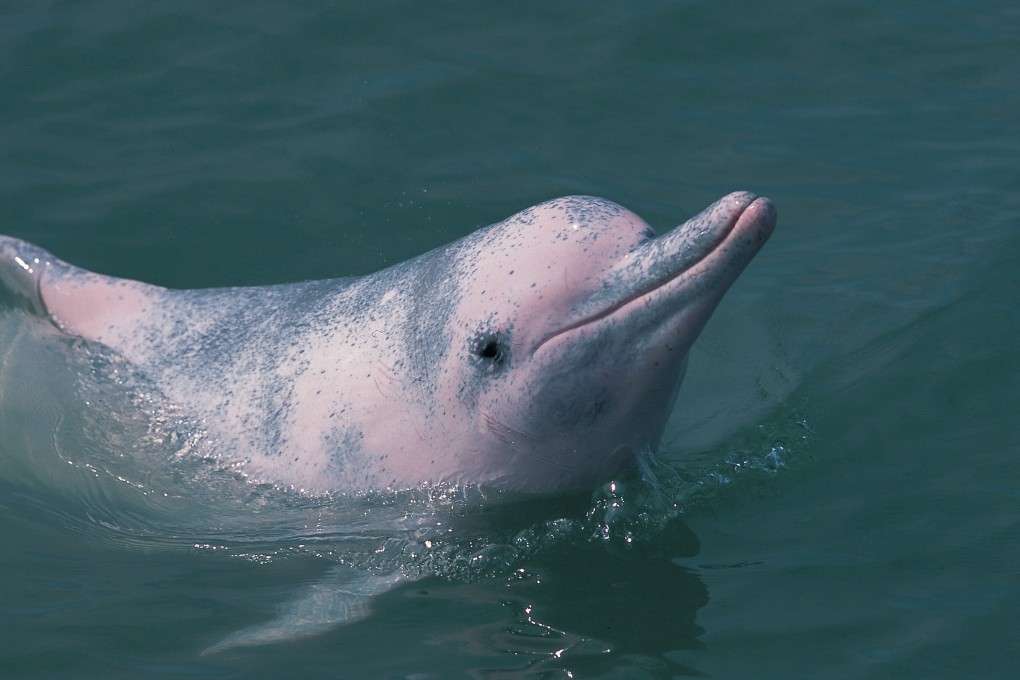Samuel Hung Ka-yiu Can Save Hong Kong's 60 Endangered Dolphins
The lives of Chinese White Dolphins are constantly under threat from pollution and infrastructure development.

Dr. Samuel Hung Ka-yiu is the founder and chairman of the Hong Kong Dolphin Conservation Society.
I was born and raised in Hong Kong. I went to study in the U.S. when I was 16. Before I went to the U.S., I was quite an indoorsy person. There weren’t that many chances to get in touch with nature. My interest in marine life came from the documentaries I watched when I was a kid. I used to love this wildlife series on TVB Pearl: I’d ask my dad to record it for me every week. The competition was fierce in the U.S. for dolphin researchers. It’s a dream job for many marine biologists and of course, for me as well.
Dolphins are so charismatic—everyone loves them. That’s why it’s so hard to get into the industry. We even had to pay to get an internship position! I came back to work in Hong Kong in 1997, after getting my master’s degree. At the time, the new airport in Chek Lap Kok was under construction and the government had hired an expert from overseas to do research into dolphins in Hong Kong. He invited me to go and intern for him. It was only then that I found out there are dolphins in Hong Kong.
I’ve been working [in dolphin research] in Hong Kong for almost 20 years. Many overseas academics learned about how vibrant Hong Kong’s sea is a long time ago, but most Hongkongers only know about the fish they buy in the wet market. They didn’t even know that there were dolphins, coral and other marine animals in Hong Kong’s seas, not until the past decade. It’s unfortunate. The estuary area west of Hong Kong is exactly where the Chinese White Dolphins are suited to live. That’s the reason for this unique situation: this very special type of dolphins in such proximity to us urbanites.

The number of dolphins in Hong Kong has been dropping. And with more things affecting their lives, we need to speak up for them. I founded the Hong Kong Dolphin Conservation Society in 2003. One of the most important things about dolphin conservation is raising public awareness.
